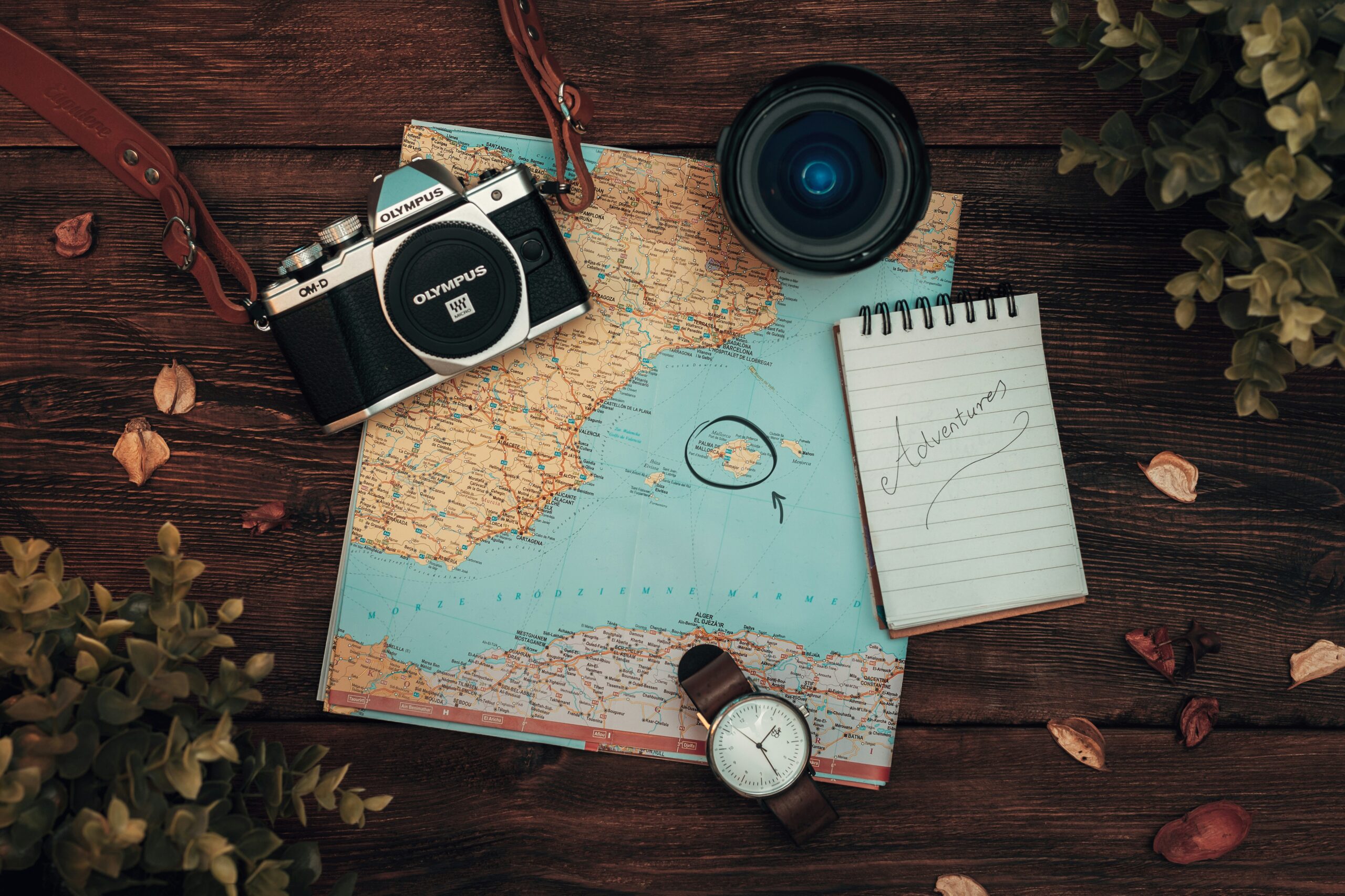Practical Security Measures for International Travelers

International travel offers the chance to explore new cultures, expand horizons, and create unforgettable experiences. However, with these opportunities come certain risks that travelers must be prepared to navigate. Whether journeying for business, leisure, or study, taking practical security measures is essential to safeguard personal well-being and property. This article outlines actionable strategies for international travelers to enhance their safety and security abroad.
Planning Ahead: Research and Preparation
Preparation begins long before departure. Travelers should thoroughly research their destination, focusing on local laws, customs, and security conditions. Official government websites and reputable travel advisories offer up-to-date information about safety concerns, political unrest, or health risks in specific regions.
In addition to understanding the environment, travelers should register their trip with their home country’s embassy or consulate. This allows officials to assist in case of emergencies. Making copies of important documents—such as passports, visas, travel insurance, and itineraries—and storing them separately from the originals or in a secure digital format can be crucial if the originals are lost or stolen.
Protecting Documents and Valuables
Passports, travel tickets, credit cards, and cash are prime targets for theft. To minimize risk, travelers should carry only what is necessary for the day and leave other valuables in a hotel safe or secure location. A money belt, neck pouch, or concealed wallet is advisable when carrying essential items. These are less visible to pickpockets compared to traditional wallets or purses.
It is wise to avoid flashing expensive items such as jewelry, designer accessories, or high-end electronics in public spaces. Displaying wealth can make travelers more attractive targets for opportunistic thieves or scammers. For devices like smartphones and laptops, travelers should install tracking software that allows remote locking or wiping of data if the item is lost or stolen.
Staying Aware in Crowded and Isolated Areas
Public transportation hubs, tourist attractions, markets, and festivals attract large crowds. Unfortunately, these locations also draw pickpockets and scam artists who exploit distracted visitors. Travelers should remain vigilant, keeping bags zipped and worn across the body, with one hand resting on the bag in crowded settings.
At the same time, isolated or poorly lit areas should be avoided, particularly at night. Travelers are safer sticking to well-populated, well-lit routes. It is also best to avoid walking alone in unfamiliar places. Take licensed taxis or rideshare services whenever possible rather than accepting unsolicited rides.
Digital Security While Abroad
Cybersecurity is as critical as physical security during international trips. Travelers should be cautious about using public Wi-Fi networks, as these are common targets for cybercriminals seeking to intercept data. Use a virtual private network (VPN) to secure internet connections and protect sensitive information.
International travelers should also enable two-factor authentication on email, banking, and social media accounts to add protection. Avoid logging into personal accounts or conducting financial transactions on shared computers or public devices. Furthermore, keep devices locked with strong passcodes and update software and antivirus programs before departure.
Health and Personal Safety Precautions
Beyond theft or scams, travelers must consider their health and personal safety. Before traveling, consult a healthcare provider about necessary vaccinations or medications, particularly when visiting regions with specific health risks. A basic first aid kit with bandages, antiseptic wipes, and over-the-counter medications can be invaluable for addressing minor injuries or illnesses.
Hydration, proper nutrition, and rest are often overlooked but essential for maintaining alertness and resilience during travel. Travelers should also know about local food and water safety practices to avoid gastrointestinal issues.
Handling Money and Financial Transactions
Managing finances securely is critical during international travel. Travelers should inform their bank and credit card providers of their travel plans to avoid unexpected account freezes due to suspected fraud. Using credit or travel money cards rather than carrying large sums of cash is generally safer. Where cash is necessary, withdraw only small amounts at a time from ATMs located in secure, well-lit areas, preferably within banks.
Using Trusted Transportation
Transportation safety is another key aspect of secure travel. Opt for official taxi services, hotel-arranged transport, or well-reviewed rideshare apps rather than hailing vehicles off the street. In some countries, unlicensed taxis are linked to scams or more serious crimes.
When renting vehicles, ensure that the provider is reputable and that the car is in good condition. Always wear seatbelts and adhere to local traffic laws. Public transit travelers should plan routes and avoid empty train cars or buses, particularly late at night.
Building a Safety Network
Travelers should maintain regular communication with trusted contacts at home. Sharing travel itineraries, accommodation details, and updates about plan changes helps loved ones stay informed. Regular check-ins via phone, text, or email can provide peace of mind and facilitate timely assistance if problems arise.
Connecting with fellow travelers or joining organized tours can also enhance security, as there is safety in numbers. In the event of difficulties, having allies who understand the local environment can make a significant difference.
Responding to Emergencies
Even with the best precautions, emergencies can happen. Knowing how to respond effectively is vital. International travelers should memorize or store contact information for local emergency services, their embassy or consulate, and their travel insurance provider. Planning for situations such as losing a passport, needing urgent medical care, or encountering crime can reduce panic and support swift action.
International travel is an enriching experience, but it comes with inherent risks. By taking proactive security measures, travelers can protect themselves and their belongings while enjoying the journey. A thoughtful approach—combining research, preparation, vigilance, and respect for local cultures—can turn potential challenges into manageable situations, ensuring a safe and rewarding adventure.
Additional Information
- Blog
- journeying for business, medical care, two-factor authentication
- Jim Feldkamp